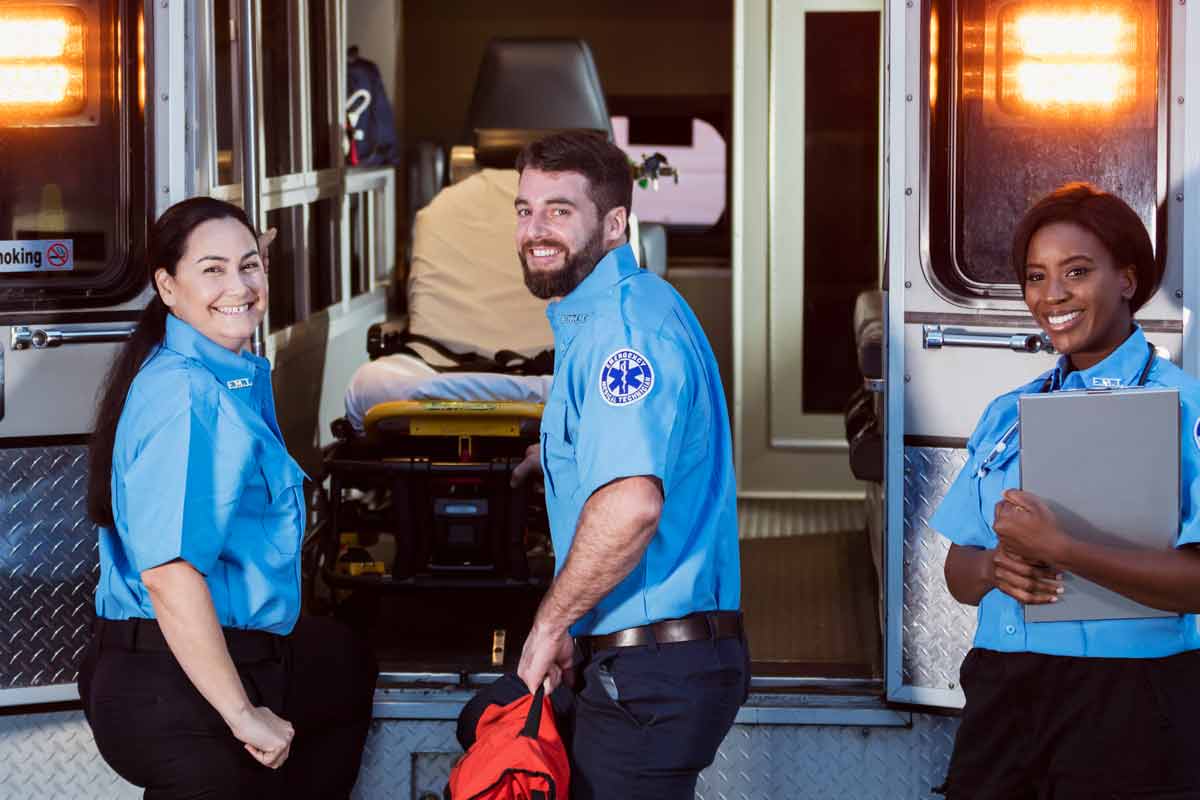
Emergency Medical Science
National Registry
National EMS Certification is an important component of public protection. The National Registry provides National EMS Certification, which is a validated and legally defensible attestation of competency. Almost all states and territories in the United States require National Registry certification before a state license to practice is issued. The National Registry is recognized in every state in the United States, and 46 states use the National Registry certification as a basis for licensure. Learn more about the differences between certification and licensure in this article. In addition, the EMS Compact mandates that all member states require National Registry certification as a prerequisite for an EMS license. When an individual obtains a National EMS Certification, the general public, employers, and state licensing authorities know that the individual has demonstrated competency.
If you have just completed or are currently enrolled in a Paramedic education program, and you are applying for Paramedic certification, you must meet the following requirements:
- Current National Registry certification or state license at the EMT level, or higher Successful completion of a CAAHEP-accredited Paramedic education program (or an education program that has been issued a CoAEMSP "Letter of Review") that meets or exceeds the National Emergency Medical Services Education Standards for Paramedic.
- Candidates must have completed the course within the past two years and the course Program Director must verify successful course completion on the National Registry website.
- All Paramedic candidates who started their Paramedic education program after August 1, 2016 are required to complete a psychomotor competency portfolio.
- Have a current CPR-BLS for "Healthcare Provider" or equivalent credential.
- Successful completion of the National Registry Paramedic cognitive (knowledge) examination and psychomotor (skills) examination.
- Passed portions of the cognitive and psychomotor exam remain valid for 24 months provided all other eligibility requirements are met.
For more information, please visit the National Registry of Emergency Medication Technicians website.
College Admissions
Program Details
Curriculum Guides
Contacts
EMT and Paramedic Continuing Education
Please Note:
Curriculum guides are for students enrolled during the current academic year. Students enrolled in a previous academic year should visit the Program Evaluation link in Self-Service to find the required list of courses for graduation. For assistance, consult your advisor.


